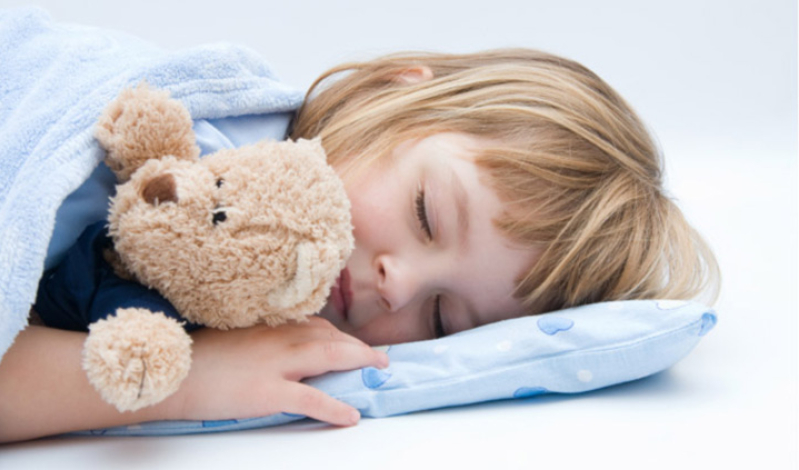
Scientists in Europe have found that lengthy naps help infants process and preserve memories and new information.
According to James Gallagher of BBC News, the study, conducted by a British team at the University of Sheffield, suggested that the best time to learn for infants may be just before sleep. The study also placed emphasis on the importance of reading at bedtime.
"Those who sleep after leaning learn well," Dr. Jane Herbert, who works at the department of psychology at the University of Sheffield, said. "Those not sleeping don't learn at all."
Herbert added that the long-held assumption was that "wide-awake was best" for learning. However, "the events just before sleep" may be more important.
"Parents get loads of advice, some saying fixed sleep, some flexible," Herbert said. "These findings suggest some flexibility would be useful, but they don't say what parents should do."
In addition to the University of Sheffield, researchers from the Ruhr University in Bochum, Germany also explored the purpose and timing of babies' naps, according to Melissa Healy of the Los Angeles Times. The study's findings can be found online this week in the Proceedings of the National Academy of Sciences journal.
"For babies, napping plays a key role in the formation of declarative memories--the process of learning from first-hand experience what things are and do, how they work, and how they relate to one another and to the self," Healy wrote.
Healy added that without timely naps, babies would promptly forget most of what they have learned in their surroundings.
"If frequent daily naps did not follow intensive learning sessions in the first years of life, our path to walking, talking and purposeful exploration would probably take longer," Healy wrote. "It might not happen at all."
To test their theory out, scientists taught babies between 6 and 12 months old three new tasks that involved playing with hand puppets.
"Half the babies slept within four hours of learning, while the rest either had no sleep or napped for fewer than 30 minutes," Gallagher wrote. "The next day, the babies were encouraged to repeat what they had been taught."
The BBC reported that on average, 1.5 tasks could be repeated after having a substantial nap. However, for babies who had little sleep time, none of the tasks could be repeated.
"Whether or not a baby had napped just before the puppet demonstration made little difference in the strength of the memory--not right after the demonstration and not 24 hours later," Healy wrote. "But 24 hours later, the babies who quickly followed the puppet demonstration with a solid nap were much more likely to demonstrate their recall of the puppets' special qualities than did babies whose naps came four hours after the puppet demonstration."
The Los Angeles Times contended that the finding for infants could play an important role in the lives of adults, especially when it comes to memory consolidation.
"That fact is routinely demonstrated in neuroscience experiments and shown in studies that illustrate the memory-impairing effects of sleep deprivation in adults," Healy wrote. "Slow-wave sleep--the deep, restorative kind--appears to be particularly important for adults to record new, long-term declarative memories."
Based on the findings, experts concluded that sleep could be much more important in the early years of life compared to other stages. According to the BBC, people spend more of their time asleep as babies than at any other point in their lives.






